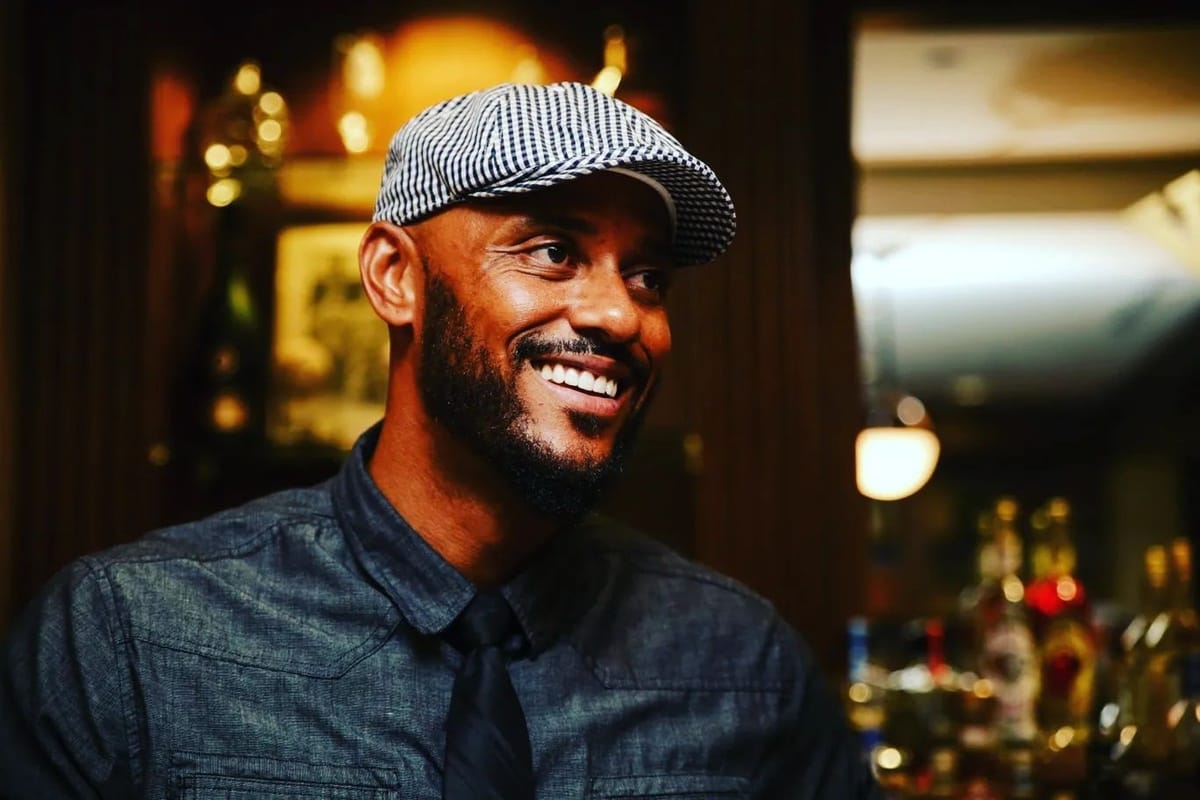Phil Wills is an award-winning hospitality consultant, mixologist, and TV personality known for elevating bar programs and guest experiences worldwide. As co-founder of The Spirits in Motion beverage consultancy, he’s created acclaimed beverage programs and co-hosted “Bar Rescue.” Today, Phil leads Limitless Hospitality to help venues redefine service and profitability.
I still remember this woman. She came into T.G.I. Fridays one night, just before the shift change. Alone. Tired. I greeted her like I would anyone. A smile and a sincere welcome.
“Rough night?” I asked. She gave a faint smile and nodded. I offered her a seat, poured her a drink, and brought out exactly what she ordered from the kitchen. I didn’t think much of it.
But when I placed the food in front of her, she paused. Then she said, “You’re the first person who’s been kind to me all day.” And she started to cry.
That moment has stayed with me. Not because I did anything extraordinary, but because it reminded me how powerful the smallest gestures can be. A seat. A smile. A little warmth. That is hospitality. Not the design of the menu or the angle of the garnish. It's the feeling someone walks away with. And these days, it feels like that’s slipping through our fingers.
The State of Things
Hospitality in America is fractured. You still catch glimpses of it, but the foundation is cracked. In some places, the service is technically perfect but emotionally vacant. In others, it’s inconsistent. One night feels warm, the next feels like nobody showed up to care. There are places where the hospitality is so stripped down, it barely exists. You order on a screen. You seat yourself. You bus your own table. There’s no human thread left.
I’ve worked in this industry long enough to recognize that the problem isn’t the people. It’s the structure. Teams are overworked. Owners are under pressure. Guests are more demanding. Somewhere along the way, the experience turned into a transaction. We stopped hosting and started processing.
Upgrade to a paid Full Book subscription to read the rest.
Become a paying subscriber of Full Book to get access to this post and other subscriber-only content including all of our Friday Deep Dives.
Upgrade

